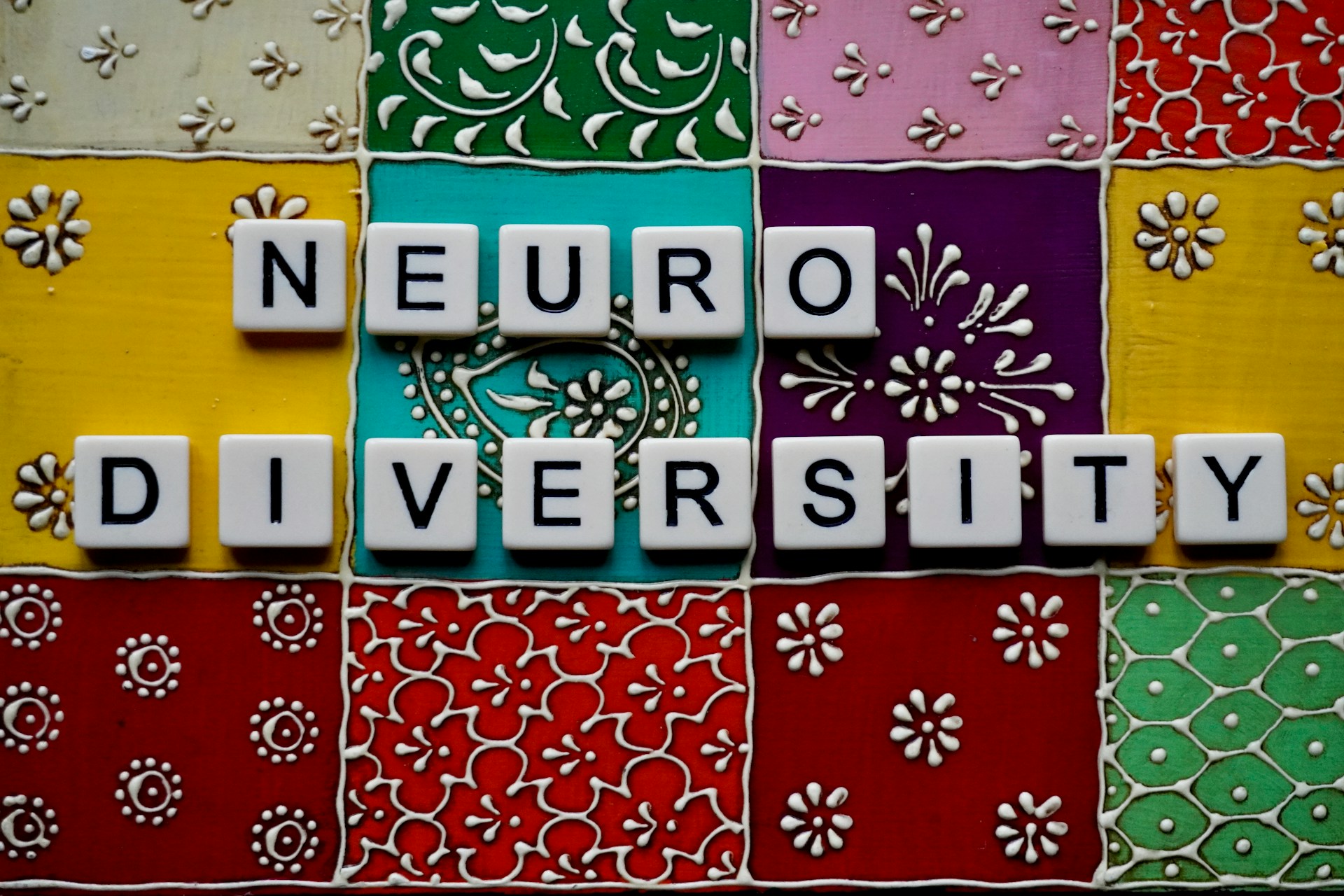The Hidden Trap of Codependency in Church Small Groups
Church was meant to be a place of healing and growth, but with the introduction of small groups, unhealthy codependent behavior patterns have been introduced to believers. In the confines of these small groups, there is a dynamic that can inadvertently foster patterns of codependency. Disguised as devotion and masked with good intentions, this trap lies hidden. Caring for others becomes a consuming need that fuels the desire to be needed. This creates a cycle of trying to fulfill that need and ultimately leads to exhaustion. The tension that develops between the biblical community and personal boundaries becomes a complicated dance in a struggle to know where serving ends and self-destruction begins. We were never meant to establish relationships where one person carries the burden and the other contributes nothing. However, in small groups, this imbalance shows up quite frequently and creates a facade about Christ-like love. Bear one another’s burdens, and thereby fulfill the law of Christ. For if anyone thinks that he is something when he is nothing, he deceives himself. – Galatians 6:2-3, NASB Recognizing Codependent Behavior Patterns in Faith Communities The issue runs deeper than a simple people-pleasing mindset. Sometimes, church environments cause unconscious reward and codependent behavior by celebrating self-sacrifice. The underlying motives aren’t examined because members feel they must take part in everything the church does. Members often prioritize the needs of others above their own, and they fear conflict at all costs. They may even derive their sense of worth from being indispensable leaders. Small groups create an atmosphere that promotes vulnerability because of their intimate nature. Members share deep personal struggles, which creates opportunities for other individuals to become emotional rescuers. These rescuers feel as though they are needed and valuable, and others learn to rely on this consistent source of [...]












